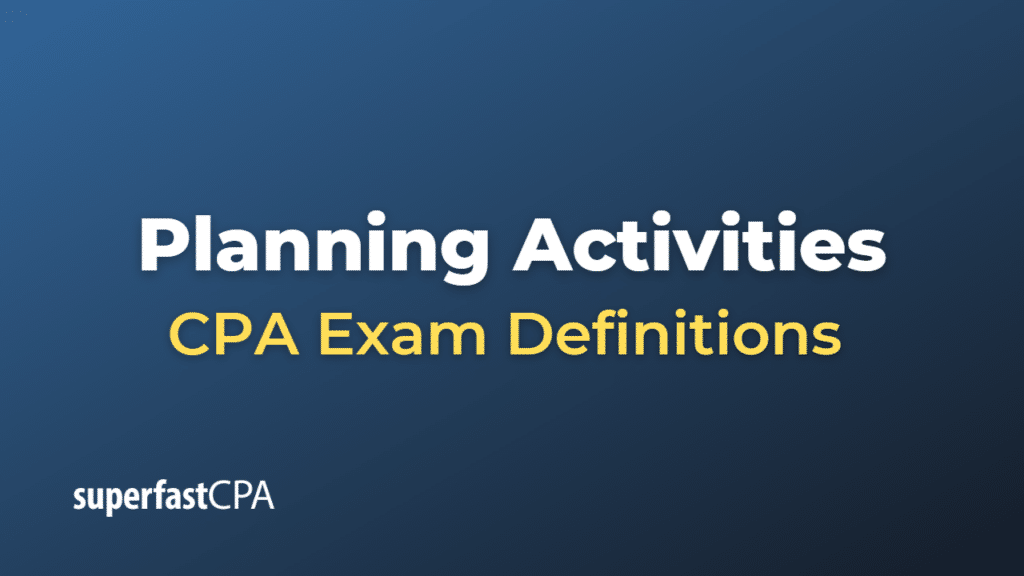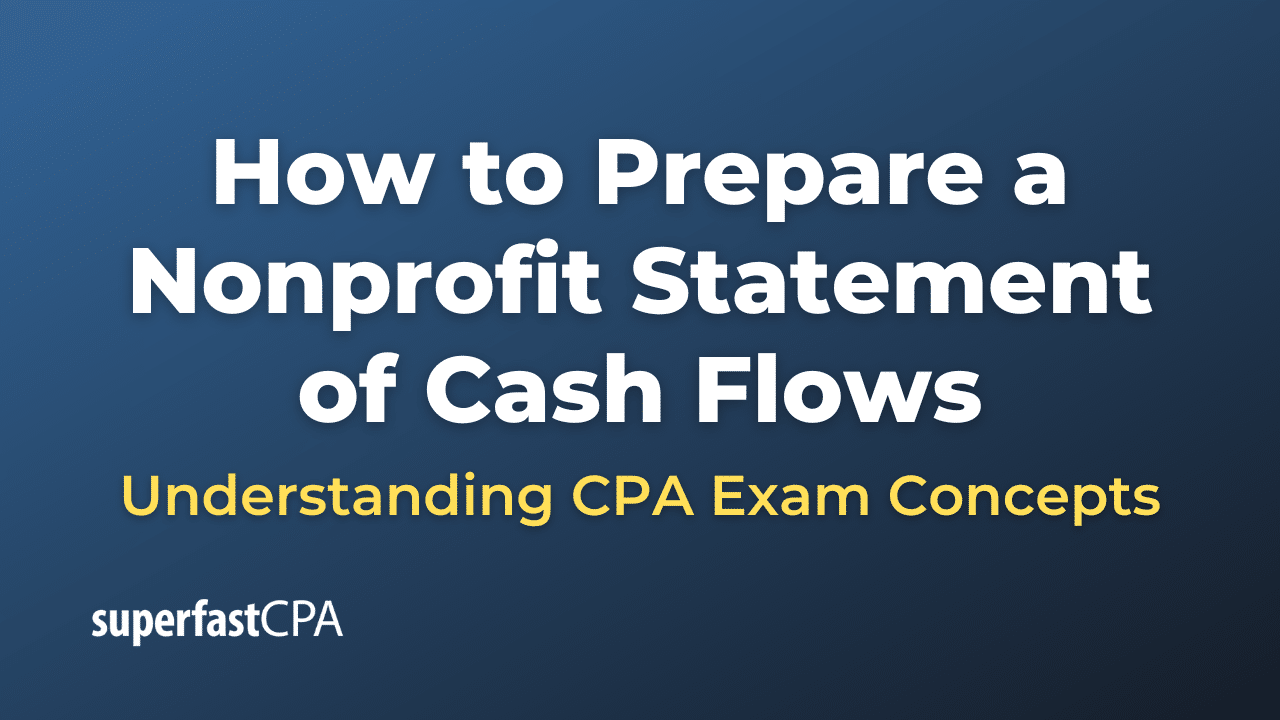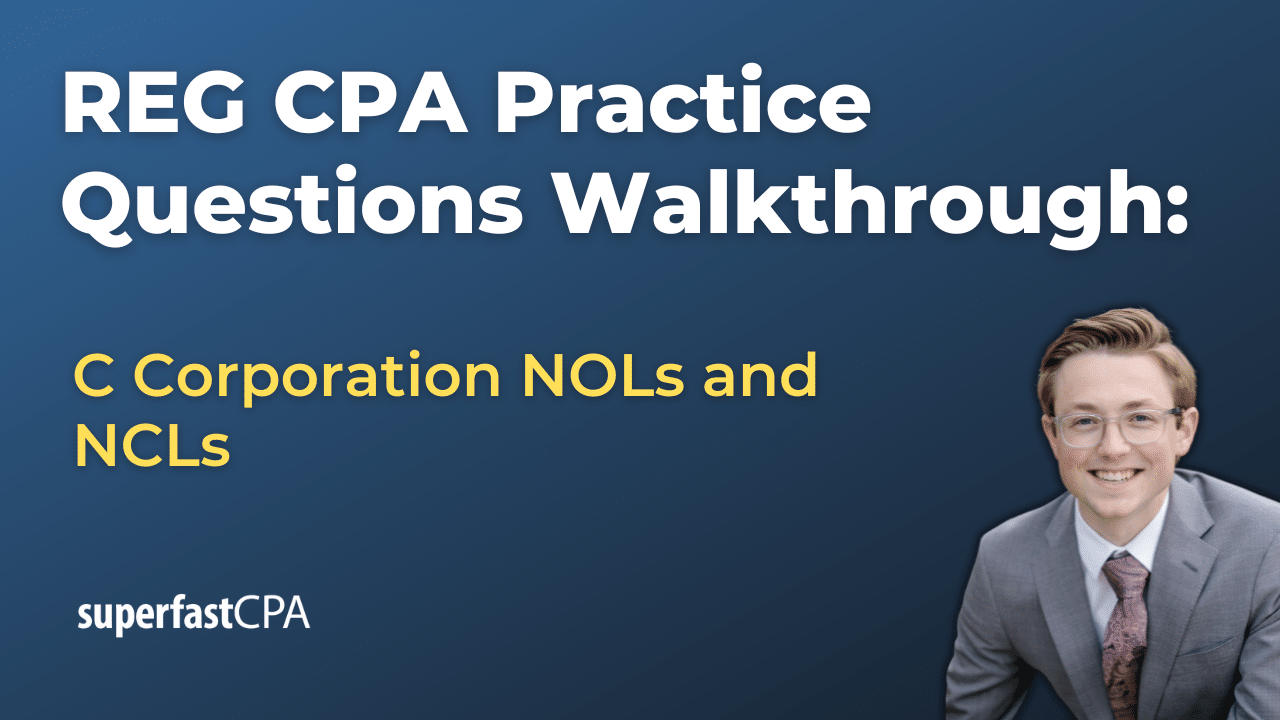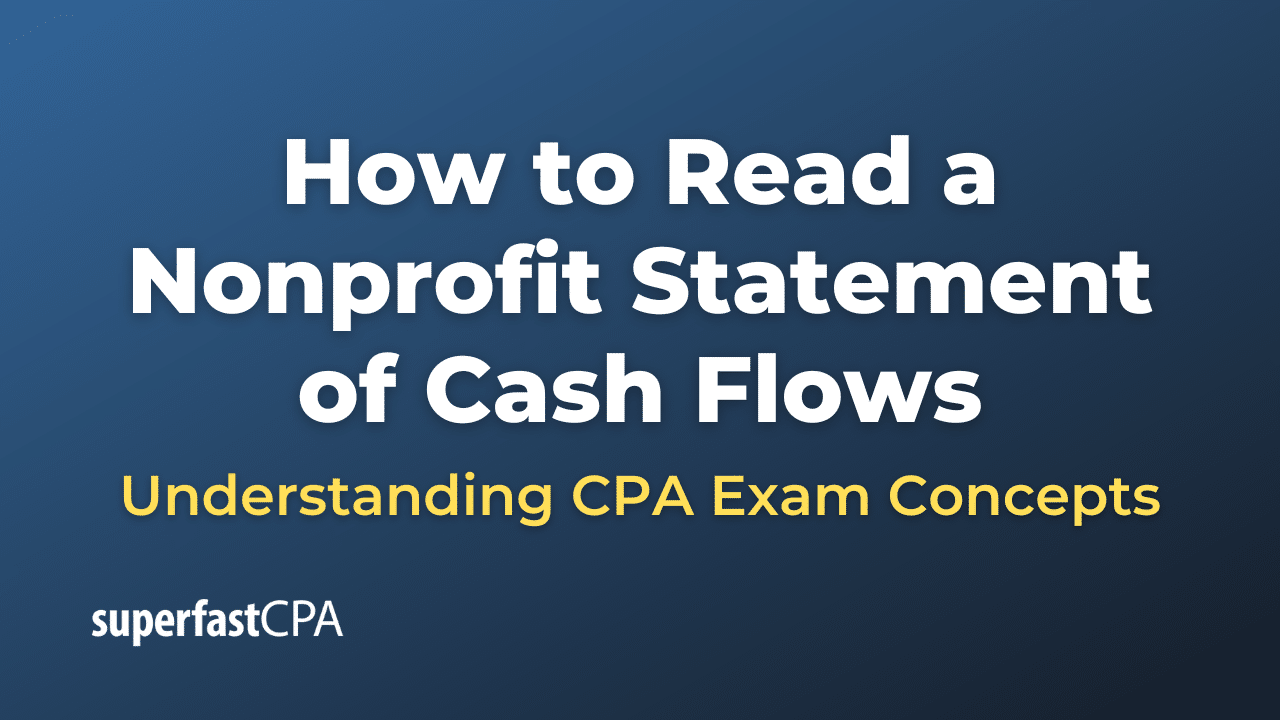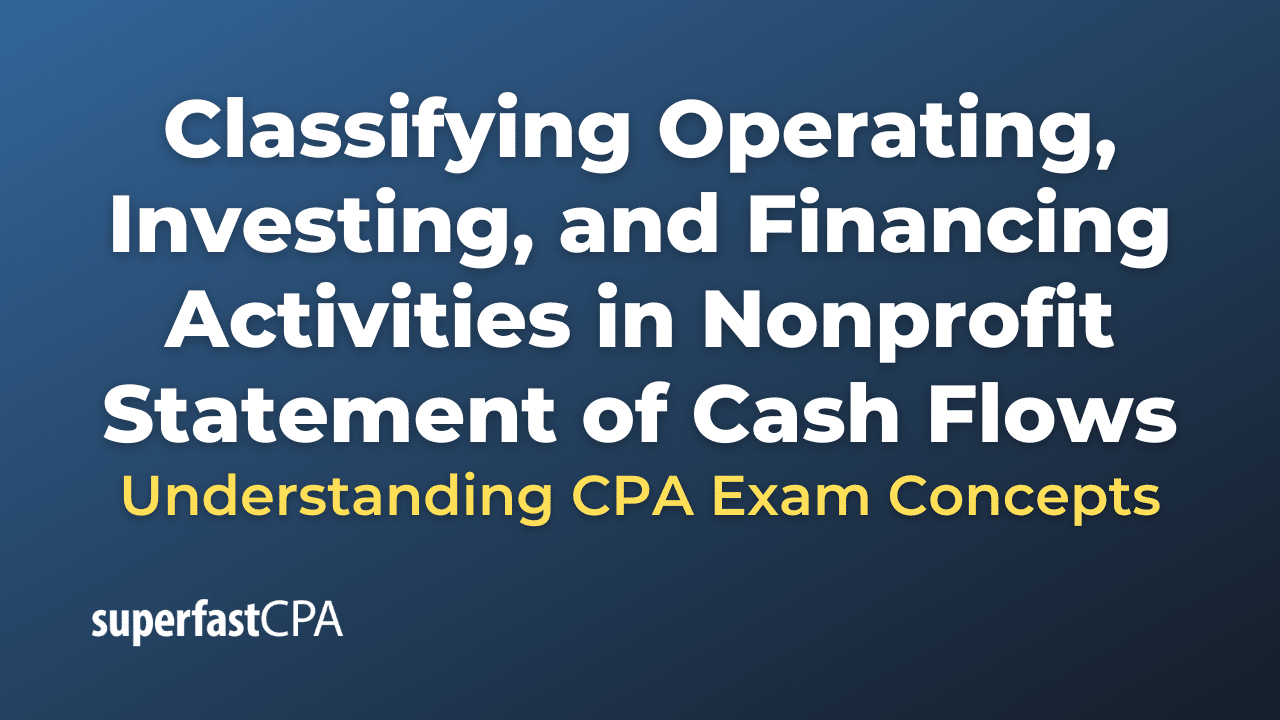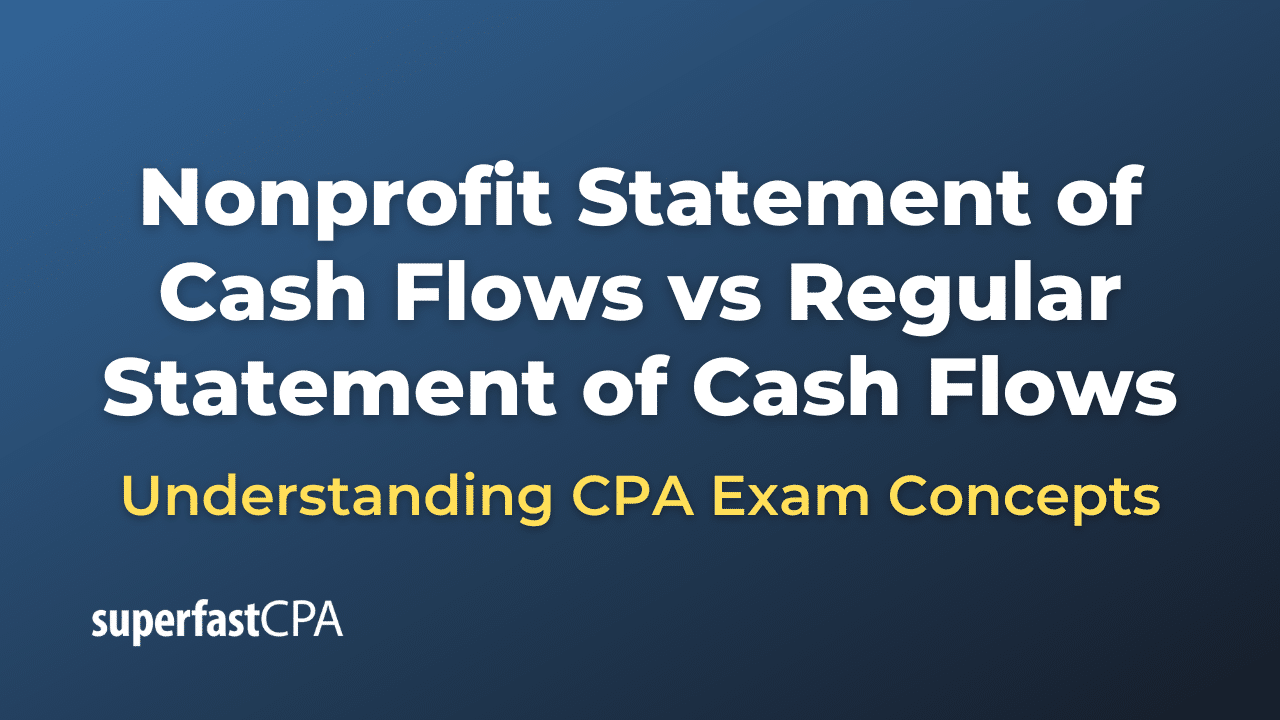Planning Activities
Planning activities in a financial statement audit are essential tasks performed by auditors during the initial phase of an audit engagement. These activities help auditors develop an overall audit strategy and a detailed audit plan tailored to the specific circumstances of the client and the engagement. Proper planning is crucial to conducting an effective and efficient audit and ensuring that the auditor obtains sufficient appropriate audit evidence to form an opinion on the financial statements.
Key planning activities in a financial statement audit include:
- Client acceptance or continuance: Auditors evaluate whether to accept a new client or continue with an existing client by assessing factors such as the client’s integrity, the firm’s ability to provide the required services, and any potential risks associated with the engagement.
- Engagement team selection: Auditors assemble an engagement team with the appropriate skills, experience, and knowledge necessary to conduct the audit effectively, considering the size and complexity of the client’s operations and the specific risks and challenges of the engagement.
- Understanding the client’s business and industry: Auditors gather information about the client’s business, industry, operating environment, and organizational structure to gain a comprehensive understanding of the factors that may affect the financial statements and the associated risks of material misstatement.
- Assessing risks: Auditors identify and assess the risks of material misstatement in the financial statements, taking into account both inherent and control risks. This risk assessment helps auditors determine the nature, timing, and extent of audit procedures required to address these risks.
- Developing an audit strategy: Based on their understanding of the client and the assessed risks, auditors design an overall audit strategy that outlines the scope, objectives, and approach of the audit. This strategy guides the audit team’s efforts and resources throughout the engagement.
- Preparing an audit plan: Auditors develop a detailed audit plan that specifies the audit procedures to be performed, the timing and extent of these procedures, and the assignment of responsibilities among the engagement team members. This plan provides a roadmap for the audit and ensures that the work is organized and coordinated effectively.
- Communication with the client and those charged with governance: Auditors establish communication channels with the client and those charged with governance (e.g., audit committee or board of directors) to discuss the planned scope and timing of the audit, as well as any significant findings, risks, or issues that may arise during the engagement.
- Coordination with other auditors or specialists: If the engagement involves the use of other auditors or specialists (e.g., IT auditors, valuation experts), the lead auditor coordinates and integrates their work into the overall audit plan to ensure consistency and completeness.
Planning activities are iterative and may need to be updated as new information comes to light or circumstances change during the course of the audit. Proper planning sets the foundation for a successful audit, helping auditors to identify and address potential risks and issues in a timely and effective manner.

